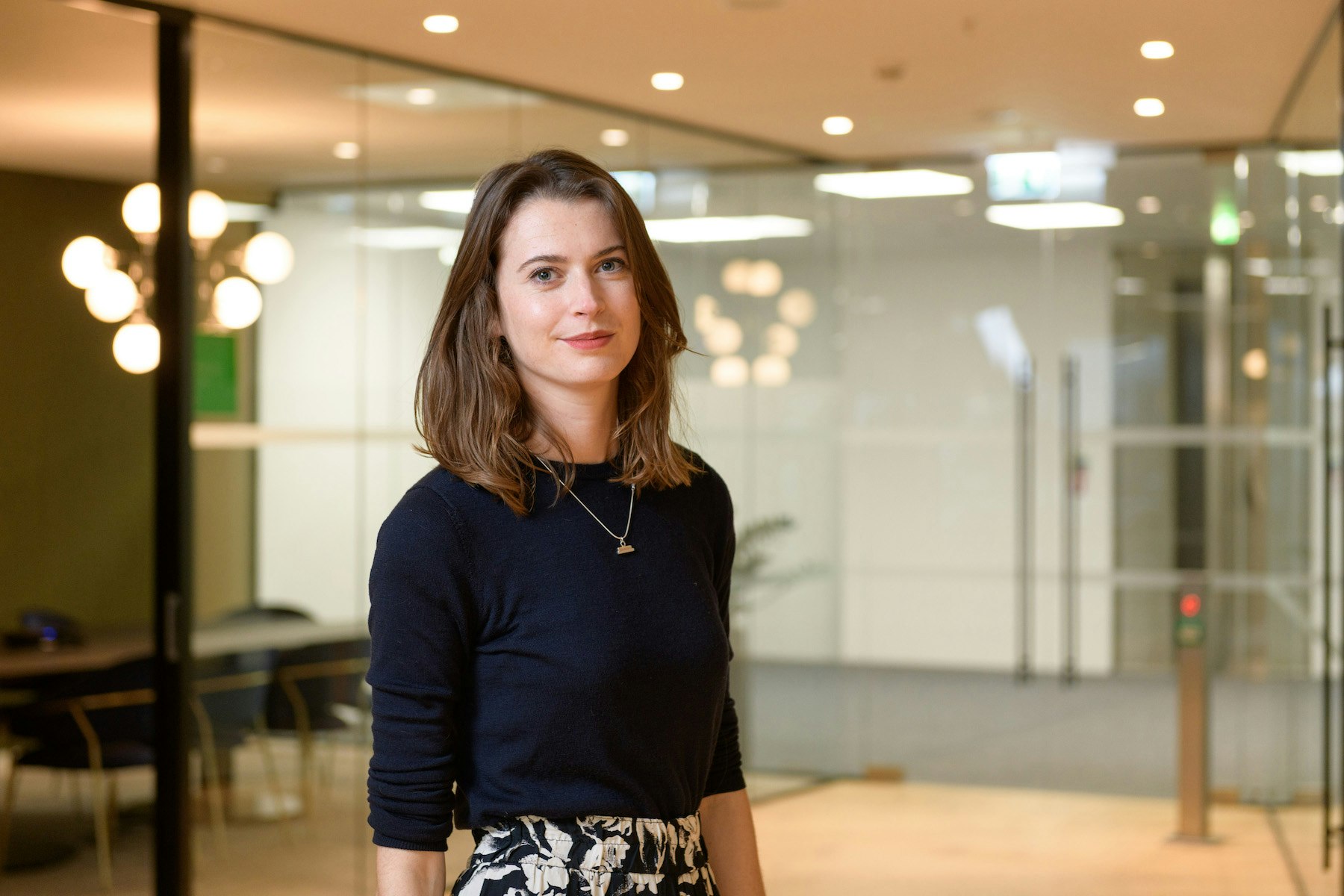Europe has a whacking big talent problem: there simply aren’t enough people who know how to code.
More than half of companies that try to recruit for technical roles struggle to fill their vacancies — which makes sense when, according to McKinsey, there is a 1.7m person technical skills shortage in Europe.
Plenty of coding schools have been set up to close the skills gap, big and small, including General Assembly, Makers Academy, Le Wagon, Ecole 42, Flat Iron and Code First: Girls.
Companies are also starting to get in on the action. Sky, Marks & Spencer and Etsy have all set up in-house programmes, often in partnership with a coding school, to give people the skills needed to work for them — and increase the diversity of their tech talent.
Startups and scaleups are following in their tracks. It’s a win-win, says SoundCloud, which created DeveloperBridge to provide a year-long full-time programme for aspiring software engineers from underrepresented backgrounds. “It’s a way to give back to the community and help increase diversity in our own organisation,” Anya Voronova, senior tech recruiter at SoundCloud, told Sifted.
This growing set of in-house training programmes, offered by companies like Spotify and Deliveroo, teach people how to code, along with soft skills and best practices. They can involve classroom-based learning, shadowing an engineering team, mentoring, working on real world projects and even workshops on how to deal with conflict. Programmes often end with work experience within the company — and the best performers receive full-time job offers.
Here are some programmes from around Europe:
Delivery Hero Tech Academy
The programme? The food delivery company has a nine-month traineeship conducted entirely online. The curriculum was built in partnership with the Digital Career Institute and students learn either Java or Python.
Who is it for? Anyone Berlin-based. Delivery Hero wants to diversify its pipeline and puts an emphasis on applications from women and marginalised communities.
Do you get paid? Yes. An internship salary is paid for the duration of the course. (Delivery Hero declined to disclose how much interns are paid.)
Are you guaranteed a job at the end? In the last two months, students intern with one of the back end teams. Full-time jobs are offered to candidates who do well.
Deliveroo’s Rider Academy
The programme? The UK-based food delivery company provides one year associate level degree scholarships in web development, with a focus on Javascript and IT infrastructure.
Who is it for? Riders who have worked for Deliveroo for at least nine months and have met the minimum criteria of deliveries made — 60 orders or more during super peak hours in the past 12 weeks.
Do you get paid? No. The course hours are flexible so riders can continue working.
Are you guaranteed a job at the end? No but a career coach is provided to help graduates find job placements.
Zartis’ Level Up
The programme? Irish development agency Zartis provides a five-month intensive full stack software development course in partnership with the Code Institute. Languages taught include Python and Javascript as well as best practices and popular tools used in the industry.
Who is it for? For asylum seekers and refugees in Ireland, Germany and Spain who can speak and write in English.
Do you get paid? No.
Are you guaranteed a job at the end? No. Graduates receive career coaching and support to create a professional portfolio. Zartis also has partnerships with companies that pledge a minimum €30k salary to graduates of the course.
SoundCloud’s DeveloperBridge
The programme? A year-long full-time course with a big focus on working with SoundCloud engineering teams on real projects. The focus is on giving people work experience. Specific coding skills are based on what a candidate is interested in and what team they’re placed in.
Who is it for? People in Berlin from underrepresented and marginalised communities. No formal education is required but prospective students must show an interest in programming.
Do you get paid? Yes, €45k per year.
Are you guaranteed a job at the end? 95% of trainees have been offered a full time role at SoundCloud after graduation.
Spotify’s Tech Fellowship
The programme? After four years of running this fellowship in New York, Spotify is bringing its development programme to London to support diverse people entering the industry. Participants spend 18 weeks working together within Spotify whilst being supported and coached by the team. The curriculum includes technical workshops as well as soft skills training.
Who is it for? Recent degree or coding bootcamp graduates and self-taught programmers who have little to no practical experience. Participants must have the right to work in the UK.
Do you get paid? Yes — although the exact amount is still to be decided.
Are you guaranteed a job at the end? Those who meet expectations are hired as associate engineers. 90% of graduates are hired.
Printful Developer School
The programme? Latvia-based Printful is a platform for creating, selling and shipping customised products. It has a two-week training course, covering a whole spectrum of topics including front end programming with Javascript, back end with PHP, user interface and experience and testing.
Who is it for? Basic programming knowledge is needed to join but no practical experience is required.
Do you get paid? No.
Are you guaranteed a job at the end? The best graduates, as determined by Printful, will be offered roles at the company.
Paralect
The programme? Belarusian product builder Paralect runs a two-month full-time in-person summer programme in Minsk, in Russian. It aims to provide hands-on practical experience in product building with a focus on fullstack Javascript. Paralect wants the products created to be taken to market at the end of the course.
Who is it for? Graduates fresh out of university and newbie self-taught developers — candidates must have React knowledge.
Do you get paid? No.
Are you guaranteed a job at the end? 75% of graduates are offered roles and 25% of the workforce are graduates from the programme.
Faculty
The programme? The British AI company announced with its recent £30m funding round it would be launching a learning and development programme to help develop technical and commercial talent to fill the pipeline. Its first programme is an eight-week intensive course focused on data science. The first two weeks include intensive technical and soft skills training with Faculty’s data science team. The following six are spent on placement at a partner company.
Who is it for? Masters and PhD STEM graduates, to help them move from academia to work, and experienced software engineers who want to move into a career in data science.
Do you get paid? Fellows are paid London living wage for four days a week for the duration of the six-week placement. The initial two-week training period is unpaid.
Are you guaranteed a job at the end? No, but 98% of graduates are in employment — many with Faculty partner companies.
Anisah Osman Britton is coauthor of Sifted’s Startup Life newsletter, which comes out weekly on Wednesdays. Sign up here.


